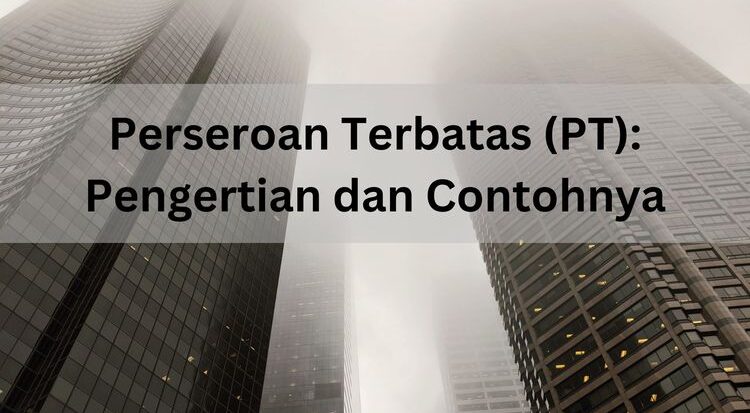In Indonesia, Perseroan Terbatas (PT) refers to a limited liability company, which is a prevalent business entity type chosen by entrepreneurs and businesses alike. This article aims to provide an overview of PTs, including their structure, benefits, registration process, and key considerations for those looking to establish or understand this business form in Indonesia.
What is Perseroan Terbatas (PT)?
Perseroan Terbatas, abbreviated as PT, is the Indonesian term for a limited liability company. This legal entity is characterized by limited liability for its shareholders, meaning their personal assets are protected in the event of business liabilities or debts. PTs are regulated under Indonesian law and must adhere to specific requirements for formation, governance, and operation.
Structure and Characteristics of PT
Shareholders
PTs must have at least two shareholders and can have up to 50 shareholders. Shareholders’ liability is limited to the amount of their respective shareholdings, and they are not personally liable for the company’s debts beyond this amount.
Directors and Commissioners
PTs are managed by one or more directors (Direksi), who are responsible for the day-to-day operations and decision-making. Additionally, PTs must have commissioners (Komisaris) who oversee the directors’ actions and ensure compliance with legal and regulatory requirements.
Capital Requirements
PTs are required to have a minimum authorized and paid-up capital, which varies depending on the industry and business activities. The capital can be contributed in cash, assets, or a combination of both.
Governance and Regulations
PTs in Indonesia are governed by the Indonesian Company Law (Undang-Undang No. 40 Tahun 2007) and other relevant regulations issued by the Ministry of Law and Human Rights. Compliance with these laws is essential for the legal operation and sustainability of PTs.
Benefits of Establishing a PT
Limited Liability
One of the primary advantages of PTs is limited liability, which protects shareholders’ personal assets from being seized to settle business debts or obligations beyond their invested capital.
Separate Legal Entity
PTs are recognized as separate legal entities distinct from their shareholders. This separation allows PTs to enter into contracts, acquire assets, and incur liabilities in their own name.
Access to Funding and Investment
As a recognized legal entity, PTs have better access to funding and investment opportunities compared to unincorporated businesses. They can issue shares to raise capital and attract investors.
Credibility and Perpetual Existence
PTs often enjoy greater credibility and trust in the marketplace due to their formal structure and compliance with regulatory requirements. Additionally, PTs have perpetual existence, meaning their existence is not affected by changes in ownership or management.
Registration Process for PT
Name Reservation
The first step in establishing a PT is to reserve a company name with the Ministry of Law and Human Rights. The proposed name must be unique and comply with naming regulations.
Articles of Association
Drafting the Articles of Association (Anggaran Dasar) is crucial, as it outlines the company’s structure, governance, capital structure, and other essential details. This document must be notarized before registration.
Registration with Authorities
Once the Articles of Association are finalized, the PT must be registered with the Ministry of Law and Human Rights. This process involves submitting required documents, paying registration fees, and obtaining necessary approvals.
Tax Registration
After obtaining its company registration number (Nomor Induk Berusaha or NIB), the PT must register for tax purposes with the tax office (Direktorat Jenderal Pajak) and obtain a Taxpayer Identification Number (NPWP).
Considerations for Establishing a PT
Legal and Regulatory Compliance
PTs must comply with Indonesian laws and regulations governing their industry, taxation, employment, and other aspects of business operations.
Operational Costs
Consideration should be given to initial and ongoing operational costs, including capital requirements, registration fees, taxes, and compliance-related expenses.
Professional Advice
Seeking professional advice from legal advisors, accountants, or business consultants familiar with Indonesian business laws can help ensure proper establishment and compliance of the PT.
Conclusion
Perseroan Terbatas (PT) represents a common and preferred business entity type in Indonesia due to its benefits of limited liability, separate legal entity status, and access to funding. Understanding the structure, benefits, registration process, and considerations for PTs is essential for entrepreneurs and businesses looking to establish a presence in Indonesia’s dynamic market.
By adhering to legal requirements, seeking professional guidance, and carefully planning the establishment process, businesses can leverage the advantages of PTs to foster growth, innovation, and sustainable business operations in Indonesia.







